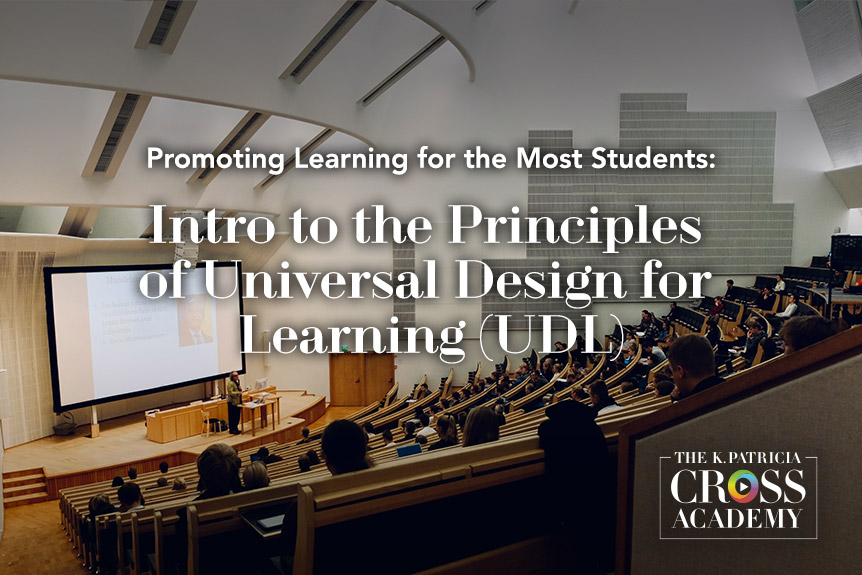CrossCurrents Library
CrossCurrents is an electronic publication that offers articles on a wide range of topics related to teaching and learning in higher education. Through engaging content that encourages exploration and reflection on best practices, innovative pedagogies, and emerging trends in higher education, we try to help college teachers successfully navigate the challenges they face in today’s complex classroom.
Featured Collections
Topics
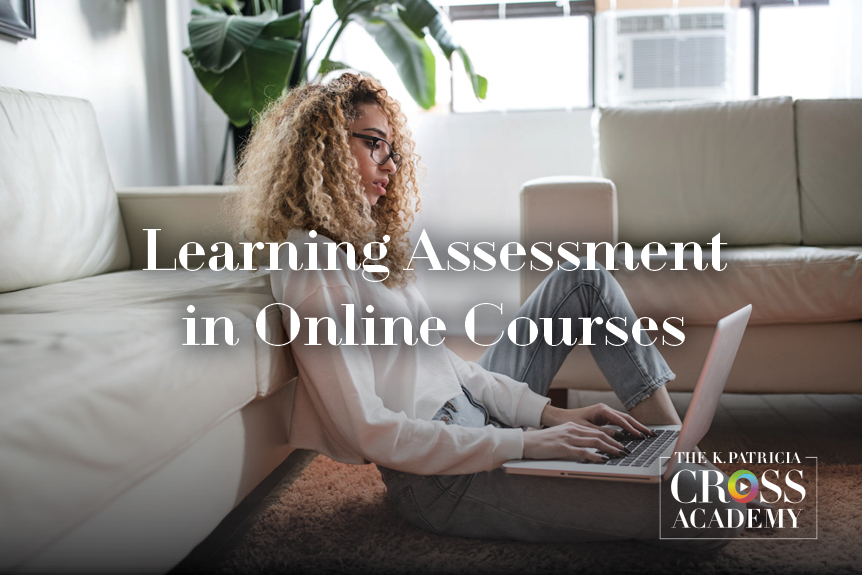
Faculty who have recently begun teaching online often ask: “How will I know that my online students are learning when I can’t see them?” The short answer to this question is assessment. At its most fundamental level, assessment is the action of appraising the quality of something. In teaching, assessment is used to appraise the knowledge, skills, attitudes, and beliefs

“Any fool can know. The point is to understand.” ~Albert Einstein Instructors have many important decisions to make about what to teach, how to teach it, when to review, when to move on, and so forth. We are better able to make important instructional decisions when we have good information about whether and how well students have learned to base these
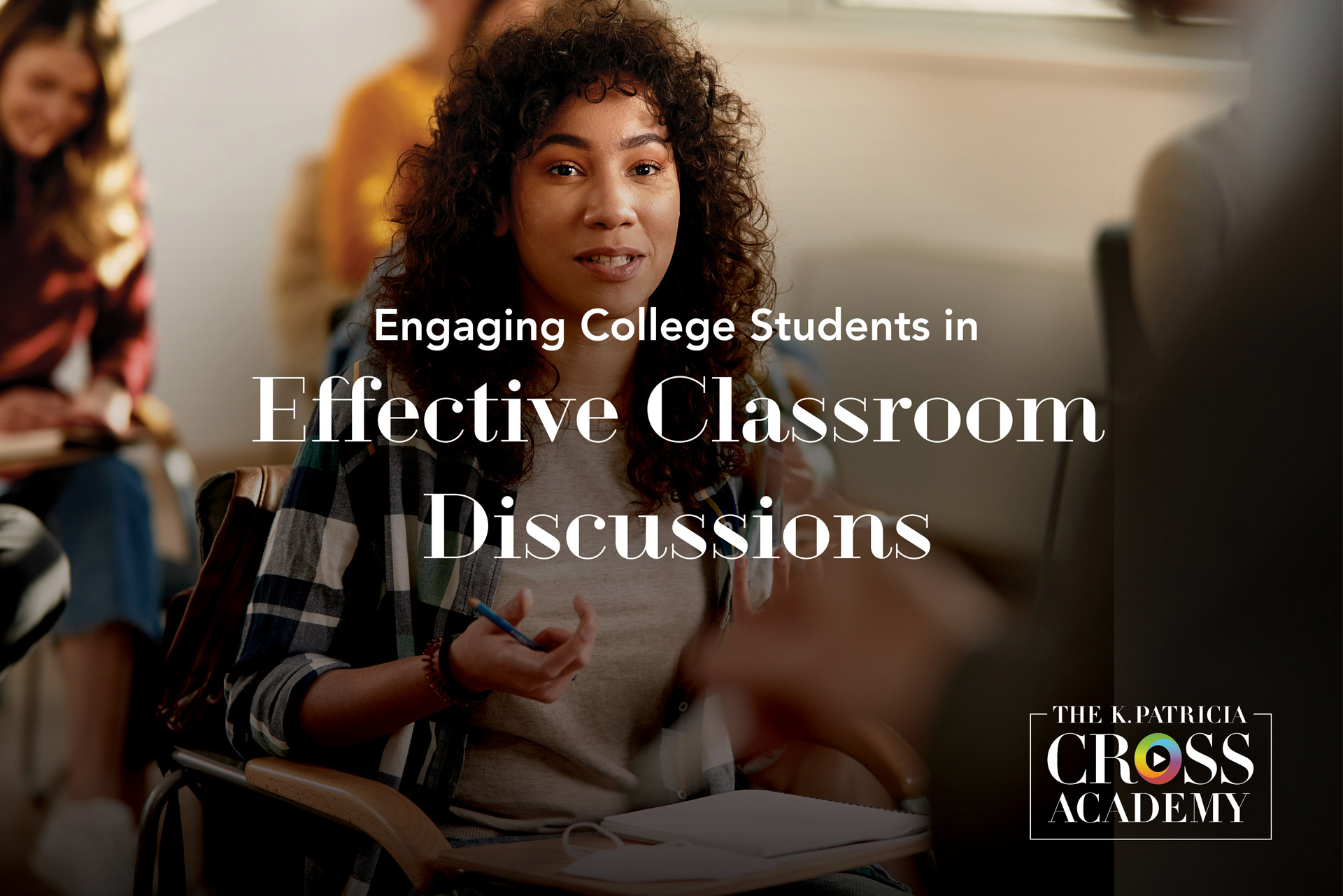
Discussion as a teaching method has deep-rooted historical origins dating back to the ancient Greeks, including the legendary philosopher Socrates (469 BC – 399 BC). Socrates is renowned for his teaching methods that prioritized questioning over traditional lectures. He believed in using probing questions to stimulate critical thinking and deeper understanding in his students. Socrates’s discussion-oriented teaching strategy has left
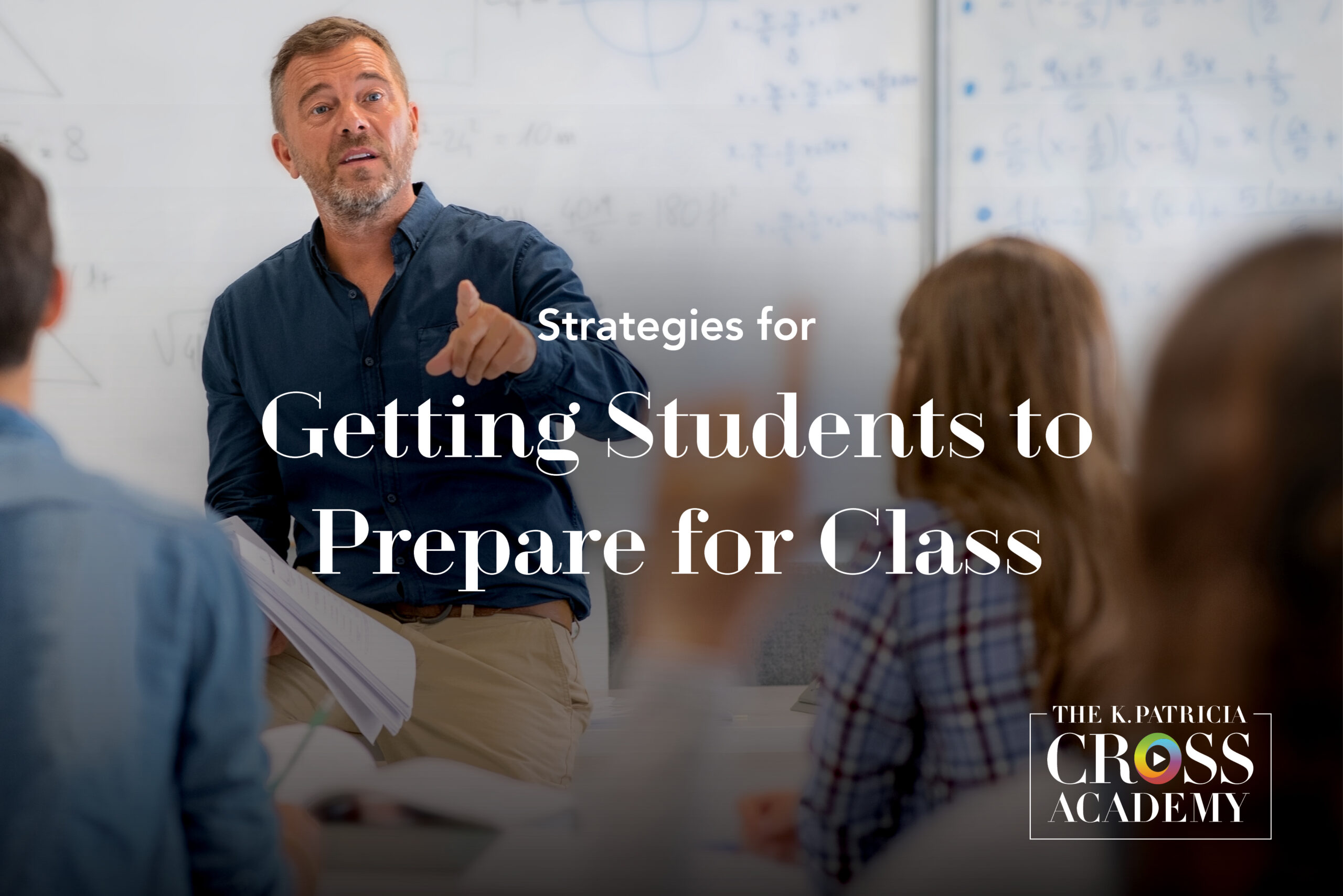
The importance of student preparation for class cannot be overstated, as it serves as the foundation upon which meaningful learning experiences are built. However, motivating students to prepare can be a substantial challenge, particularly in a world filled with digital distractions and competing priorities. As educators, our task is not only to emphasize the significance of preparation but also to
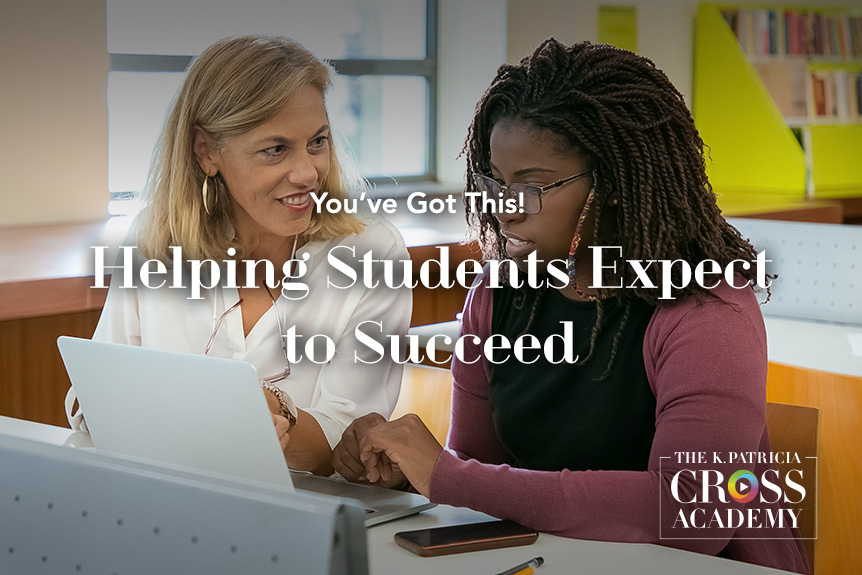
As Henry Ford once observed, “Whether you think you can or think you can’t, you’re right.” His perceptive remark neatly summarizes an important principle that applies to teaching. The best way to lead students to expect success is to structure the course so that they can succeed, and then demonstrate throughout the course that they will succeed if they work hard and persist even when the going gets tough.
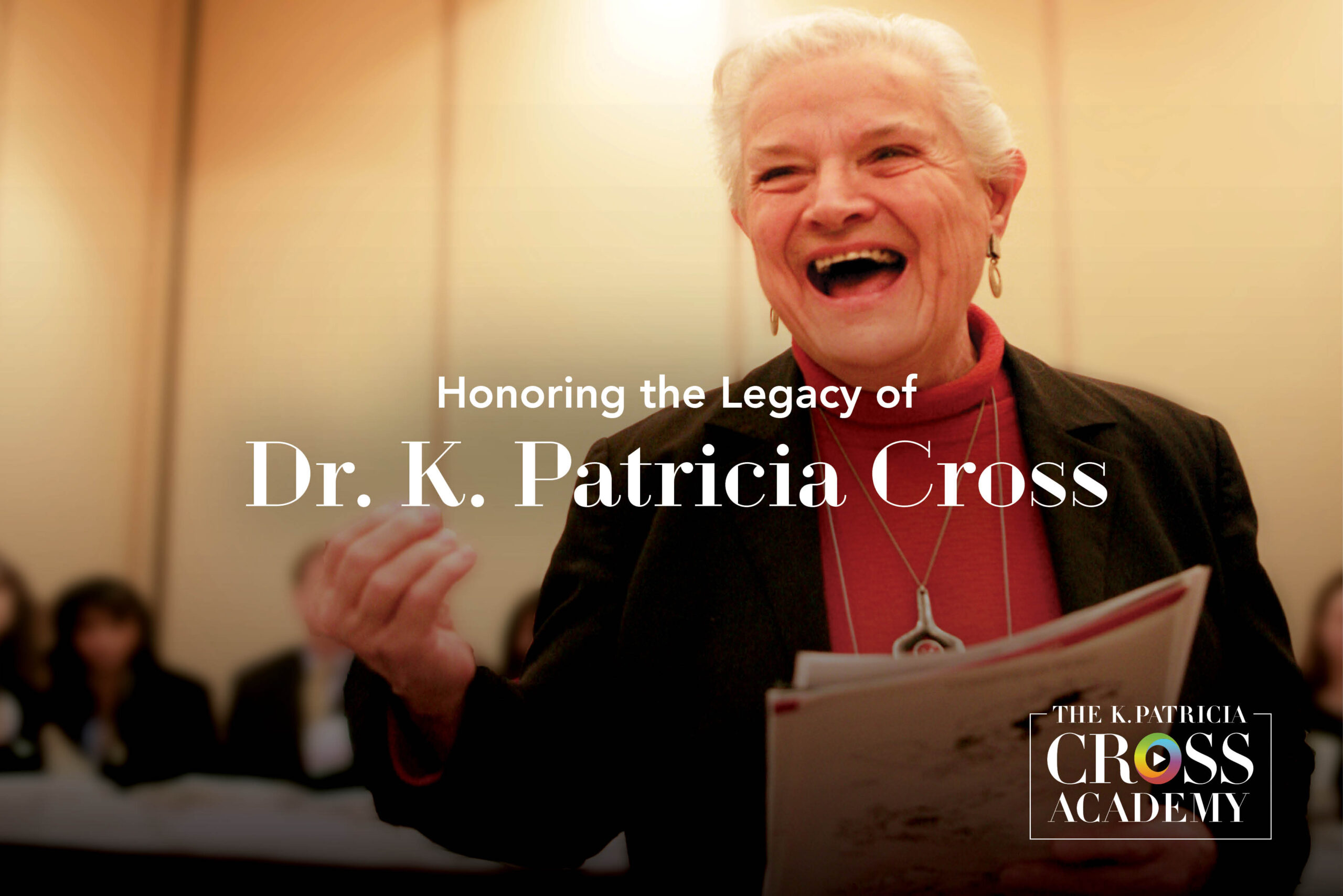
In a world that seems to be experiencing increased strife and suffering, we need role models who can inspire and uplift us. This academy’s namesake is such a role model. K. Patricia Cross, affectionately known as Pat to her friends and colleagues, passed away earlier this year after living a life of dignity, substance, and service. Because November is a

One of the most difficult challenges faculty face in a collaborative classroom is how to grade students. The fundamental issue is that individual and group accountability seem to be at odds with each other. Tradition holds that a student’s individual course grade should reflect an accurate evaluation of that student’s work and should not be influenced by the performance of
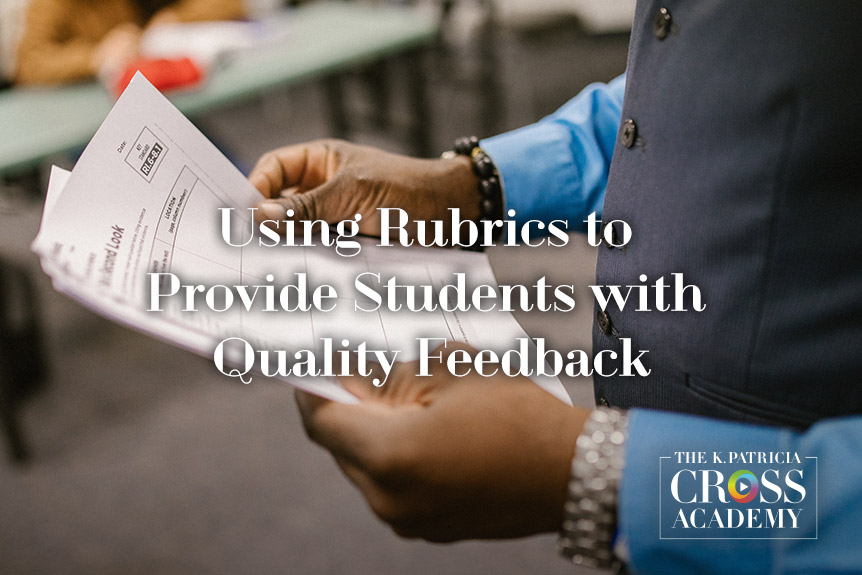
Imagine attempting to learn archery while blindfolded. You take aim and shoot, but without visual feedback, you wouldn’t know how close your shot came to hitting the bullseye. Indeed, you would likely have only a vague idea of whether you hit the target at all. Feedback is critical in developing new knowledge and skills. Students today have multiple ways to

While identifying goals for our courses may not always be on the top of our to-do lists, clarifying where we are going helps us to determine how we will get there and how we will know when we have arrived. In this blog, we focus on setting SMART Lecture-Learning Goals that can help you clarify what you want students to learn from a single lecture.
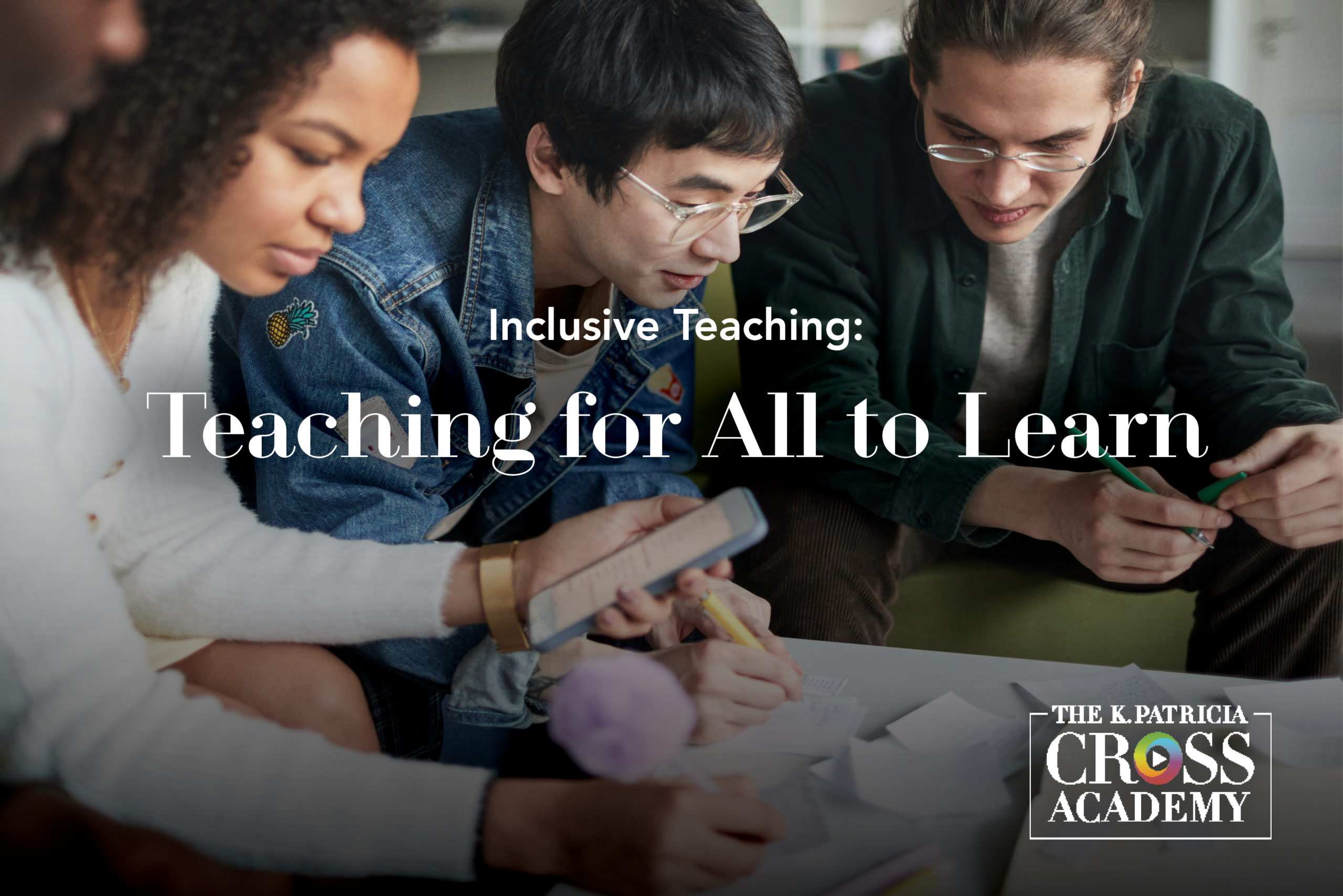
Inclusive teaching is not easy. It means digging deeper into why imbalances in participation, success, and completion exist. To adopt inclusive pedagogy, instructors necessarily engage in examining their own bias and awareness. In this article, we consider our responsibility, as educators, to practice inclusive teaching, and cover various techniques and methods for doing so.
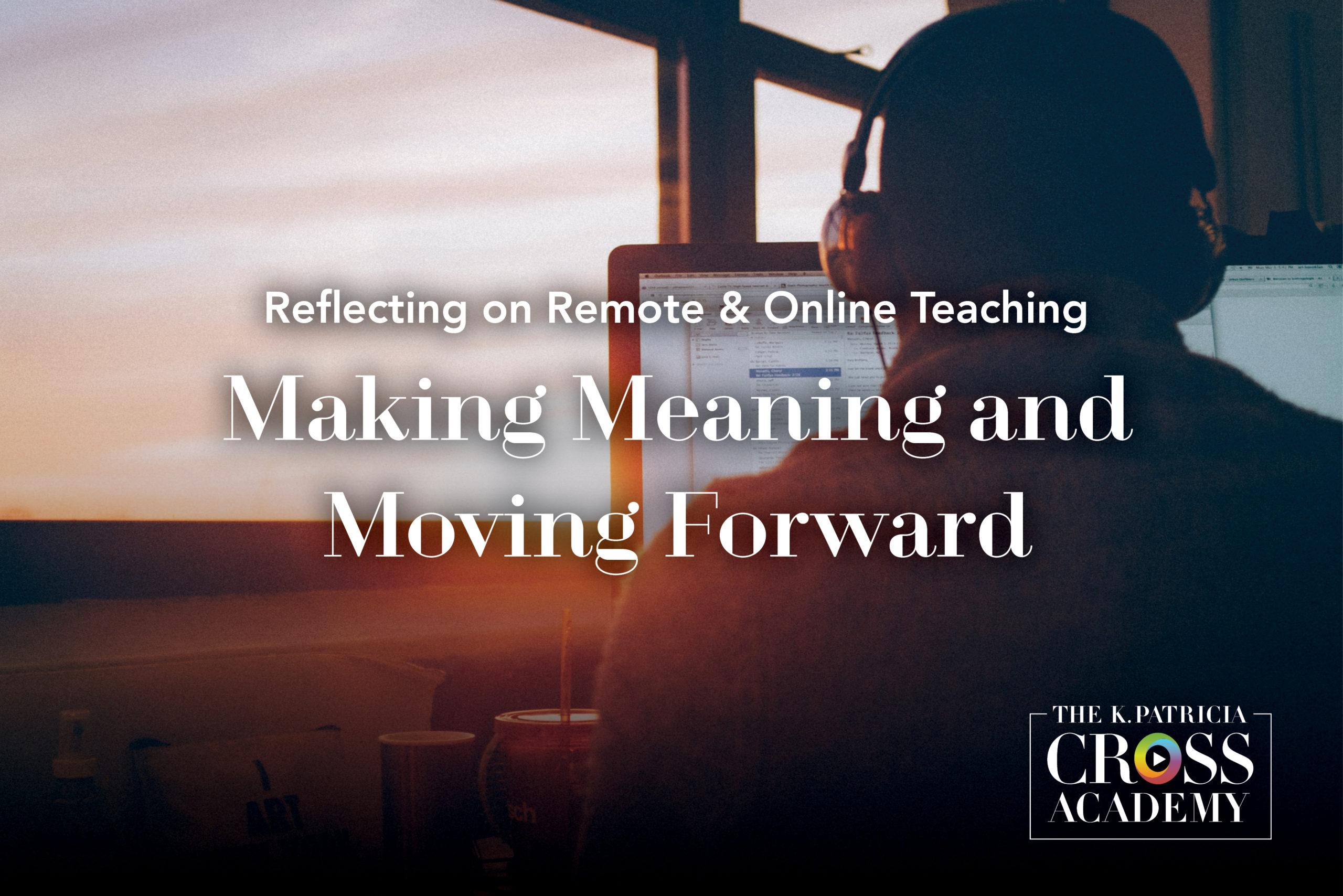
For years we have acknowledged that college teaching has gotten tougher, but the abrupt shift to remote teaching in response to the COVID-19 pandemic presented instructors with even more challenges. As colleges and universities struggled to deal with the crisis in the spring of 2020, some professors had only a week’s or even a weekends’ notice to restructure their classes
